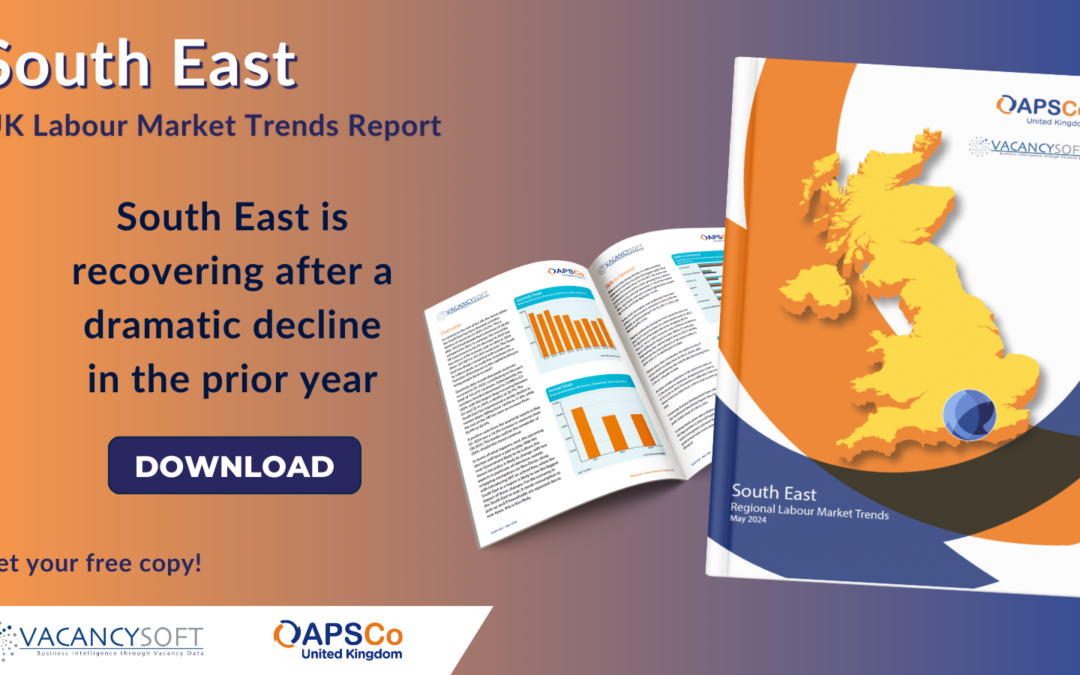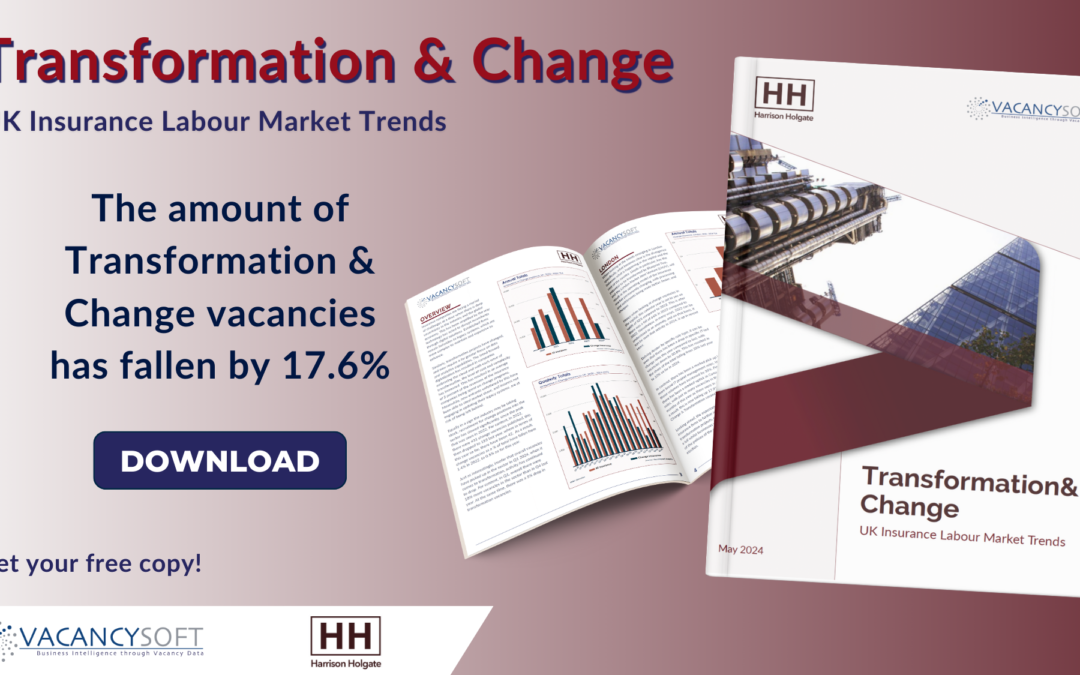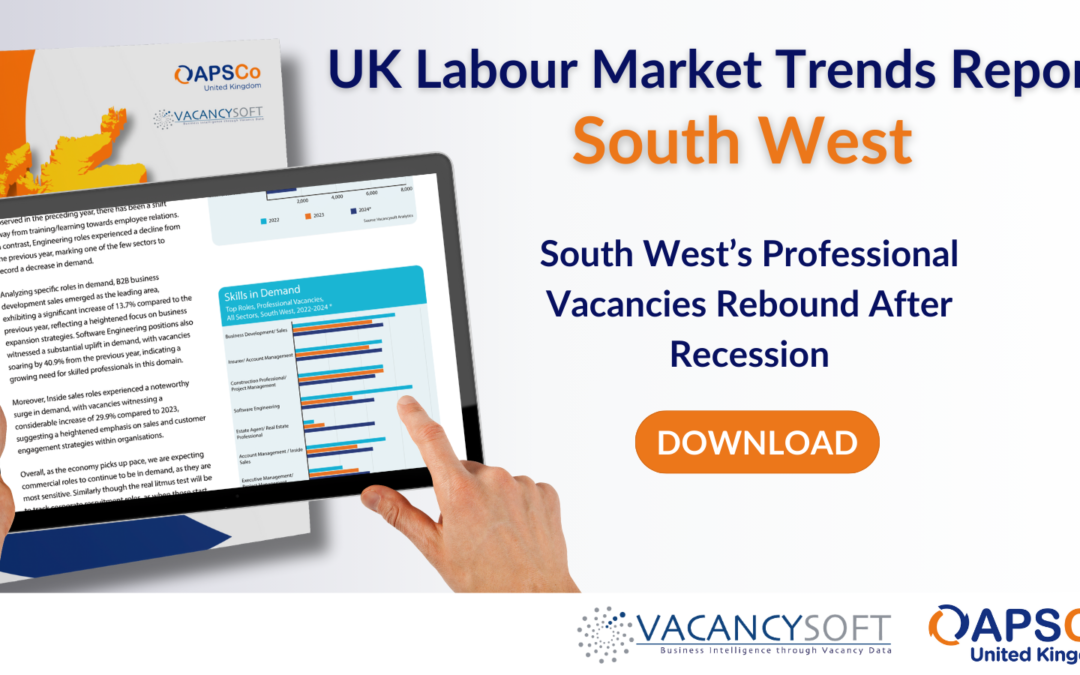
With the UK still experiencing lower levels of labour market economic activity than before the pandemic, the North East faces the challenge of a growing divergence in growth compared to the southern regions of the country.

The symbiotic relationship between London and the South East has only strengthened in recent years, as the region has become a leading global hub for the high-tech industry. However, looking at this year so far, the region has experienced a slump in jobs and recruitment, especially compared to the peak of the post-pandemic period.

Insurance companies are facing a myriad of challenges at a time when there is deep uncertainty in the industry and the global economy. Similarly, transformation projects have changed and now require a far greater focus on data and analytics capabilities. The trend toward digitalisation has resulted in companies embracing the cloud, and with each wave of transformation, the level of cost and complexity has increased.

After the technical recession in 2023, which led to vacancies dropping in the region compared to 2022, we have seen a bounce back in Q1 so far, culminating in an uplift of 7.6% which compares favorably to the national figures (+5.4%.) As a result, the region now accounts for 6.7% of the national total in terms of vacancies, up from 5.8% in 2022.

Insurance companies face new risks due to economic volatility, higher interest rates, geopolitical uncertainty, and climate change. This has led to a rise in demand for risk professionals, with vacancies up by 11.4% in 2024 compared to last year. March 2024 had the highest number of risk vacancies in over a year, indicating a continuing trend.







